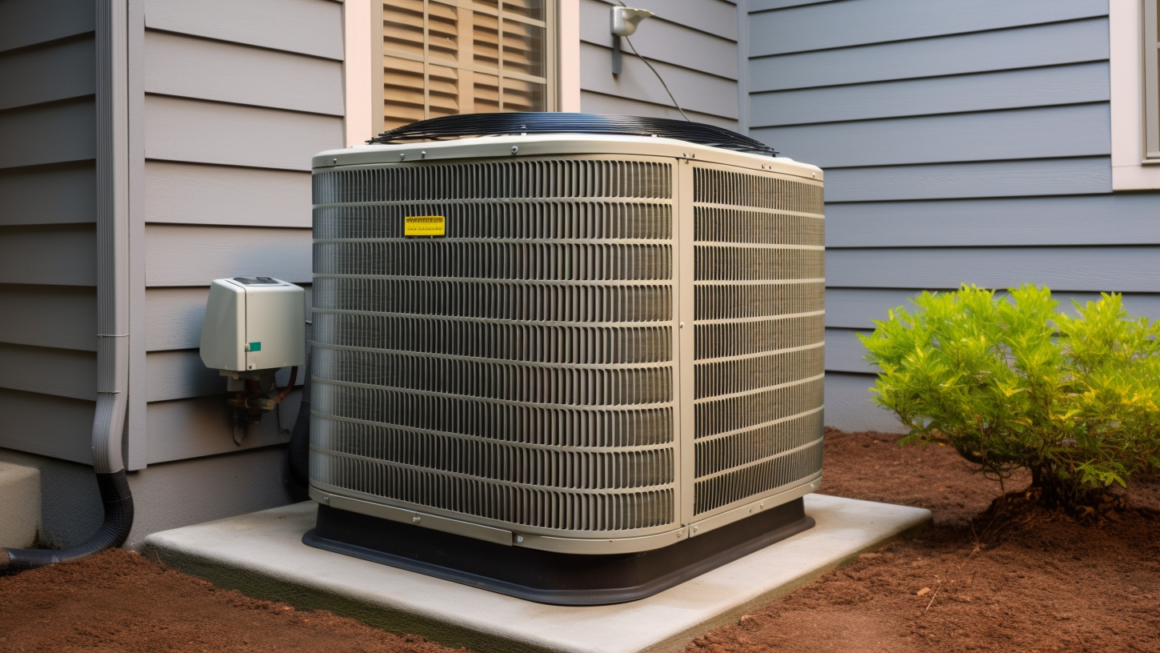
HVAC Installation and Replacement: Enhancing Your Home’s Comfort and Efficiency
A well-functioning HVAC (heating, ventilation, and air conditioning) system is essential for maintaining a comfortable and energy-efficient home. Whether you’re upgrading your existing system or installing a new one, it’s crucial to choose the right equipment and hire a qualified professional to ensure optimal performance. This comprehensive guide will cover the factors to consider when choosing an HVAC system, the installation process, and the benefits of regular maintenance.
Factors to Consider When Choosing an HVAC System
Selecting the right HVAC system involves considering several factors, including:
- Size and Capacity: An appropriately sized HVAC system is critical for efficient performance and maintaining a comfortable indoor environment. A professional HVAC contractor can help you determine the proper size and capacity for your home based on factors such as square footage, insulation levels, and climate.
- Energy Efficiency: Look for systems with high energy efficiency ratings, such as SEER (Seasonal Energy Efficiency Ratio) for air conditioners and AFUE (Annual Fuel Utilization Efficiency) for furnaces. Higher ratings indicate a more efficient system, which can lead to lower energy bills.
- Type of System: There are various types of HVAC systems available, including central air conditioning, heat pumps, and ductless mini-split systems. Consult with a professional to determine the best option for your home and budget.
- Warranty and Support: Choose an HVAC system with a comprehensive warranty and reliable customer support to ensure peace of mind and protection in case of any issues.
The HVAC Installation Process
The HVAC installation process typically involves the following steps:
- Assessment and Load Calculation: A professional HVAC contractor will assess your home and perform a load calculation to determine the appropriate system size and capacity.
- Equipment Selection: Based on the assessment, the contractor will recommend an HVAC system that meets your home’s needs and your budget.
- Installation: The contractor will remove the existing equipment (if applicable), install the new system, and ensure it is properly connected to your home’s electrical and ductwork systems.
- Testing and Commissioning: Once the installation is complete, the contractor will test the system to ensure it is functioning correctly and efficiently. They will also provide you with instructions on how to operate and maintain your new HVAC system.
The Importance of Regular HVAC Maintenance
Proper maintenance is crucial for extending the lifespan of your HVAC system and maintaining its efficiency. Some benefits of regular HVAC maintenance include:
- Improved Energy Efficiency: Regular maintenance can help keep your system running at peak efficiency, reducing energy consumption and lowering your utility bills.
- Enhanced Performance: Routine maintenance can help ensure consistent heating and cooling performance, providing a comfortable living environment throughout the year.
- Extended Lifespan: Regularly maintaining your HVAC system can extend its lifespan, delaying the need for costly replacements.
- Prevention of Costly Repairs: Identifying and addressing minor issues during routine maintenance can help prevent more significant problems and costly repairs in the future.
HVAC installation and replacement are critical investments in your home’s comfort and efficiency. By considering factors such as system size, energy efficiency, and the type of system, you can choose the right equipment for your home. Additionally, working with a professional HVAC contractor and adhering to a regular maintenance schedule can help ensure optimal performance and an extended lifespan for your system.